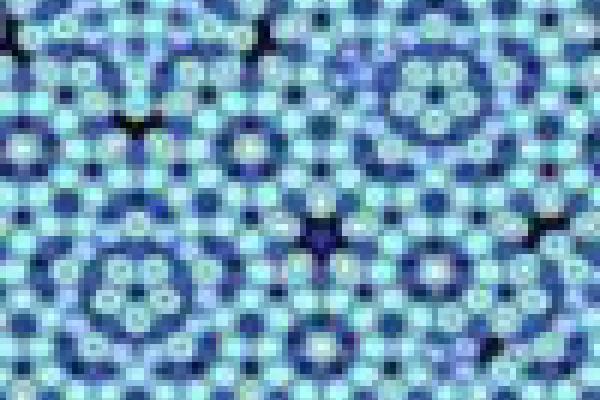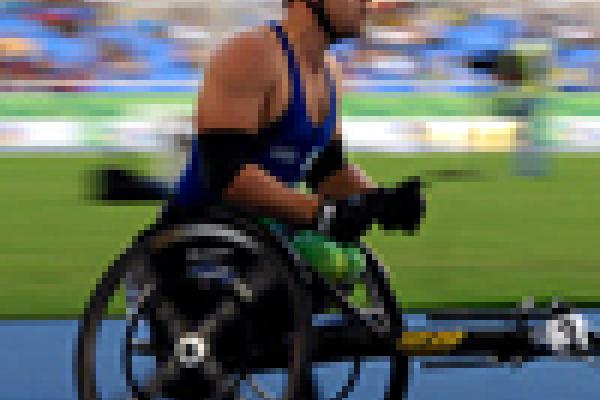News story

Rotation revolution
The laws of symmetry are unforgiving, but a team of researchers from the US have come up with a pattern-producing technique that seems to cheat them. The new technique is called moiré nanolithography and the researchers hope that it will find useful applications in the production of solar panels and many other optical devices.

